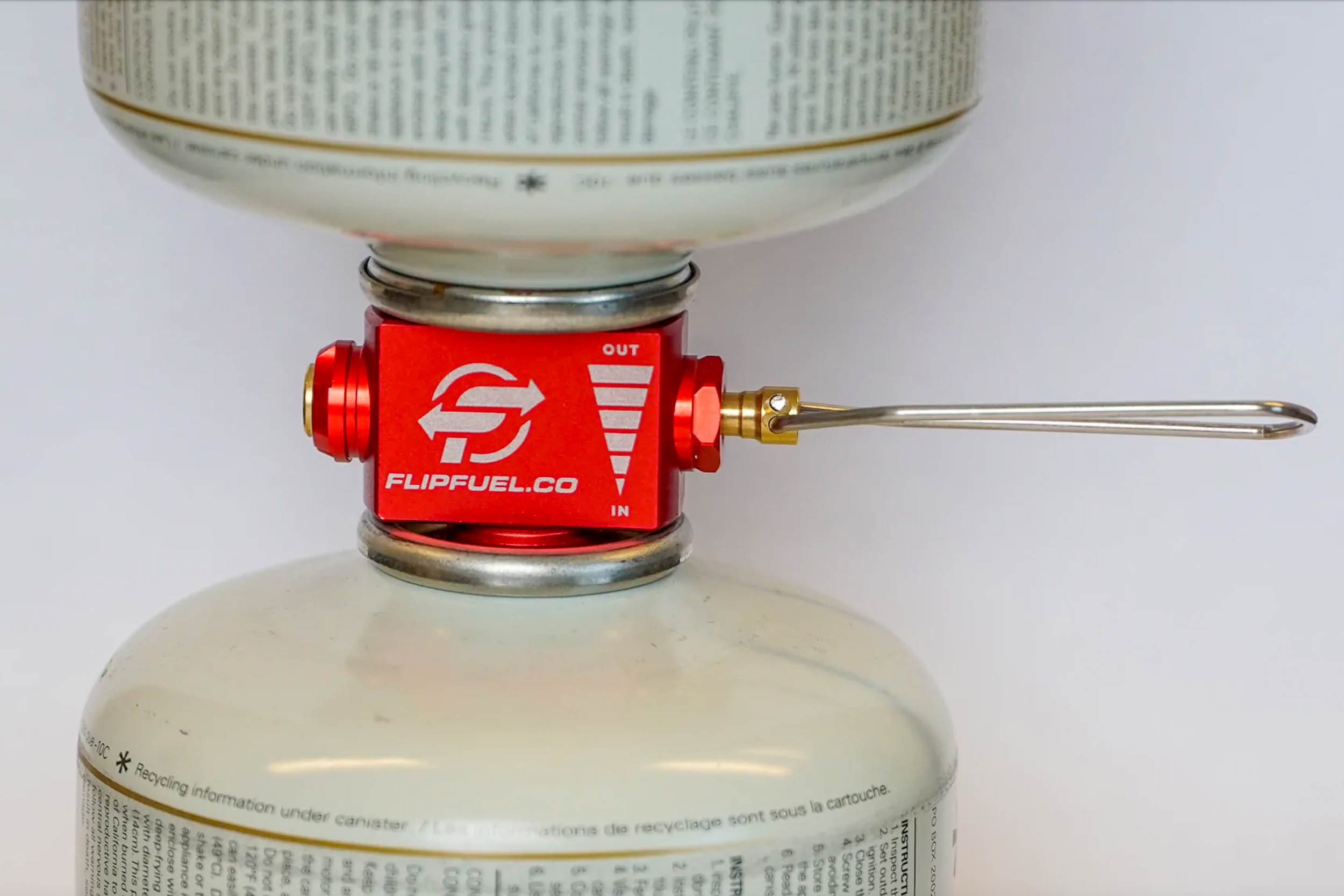Propane Canister Purgatory: A Guide to Ethical Disposal
So, you've grilled the perfect burger, toasted the perfect marshmallow, and now you're left with the aftermath: a sad, empty propane canister. Don't just toss it in the trash! It's a ticking time bomb of potential environmental hazards. We're talking about responsible propane canister disposal, and yes, it's a thing. This isn't just about decluttering your garage; it's about doing your part for the planet. Let's dive into the surprisingly fascinating world of propane canister recycling.
Finding a propane canister recycling drop-off near you might seem like a scavenger hunt, but it's easier than you think. This guide will walk you through the process, from locating your nearest recycling center to understanding the importance of proper disposal. We'll cover everything from the history of propane canisters to the best practices for ensuring these little metal cylinders don’t end up polluting our beautiful Earth.
Why bother with propane tank recycling? Because these seemingly insignificant canisters are packed with highly flammable gas, even when "empty." Improper disposal can lead to fires, explosions, and environmental contamination. Plus, the metal itself is valuable and can be repurposed, reducing the need to mine new resources. Think of it as a win-win: you get rid of your clutter, and the planet gets a little breathing room.
The journey of a propane canister from your grill to a recycling center is more complex than you might imagine. From manufacturing to distribution to eventual disposal, each stage has an environmental impact. Understanding this lifecycle helps us appreciate the importance of responsible recycling. We're not just talking about tossing a can in a bin; we're talking about participating in a larger system of resource management.
Before we get into the nitty-gritty of locating propane canister recycling near you, let's establish some basics. Propane canisters are typically made of steel or aluminum and contain pressurized propane gas used for various applications, from grilling to camping stoves. "Empty" canisters often retain residual gas, making them hazardous if not handled properly. Recycling involves safely emptying and processing the canisters to recover the metal and prevent environmental harm.
One major issue with propane canister disposal is the lack of widespread awareness about proper recycling procedures. Many people simply toss them in the trash, unaware of the potential dangers and environmental consequences. This contributes to landfill waste and increases the risk of accidents.
Benefits of recycling propane canisters:
1. Environmental Protection: Keeps hazardous materials out of landfills and prevents pollution.
2. Resource Conservation: Reduces the need to mine new metal, saving energy and resources.
3. Safety: Proper disposal minimizes the risk of fires and explosions.
Action Plan for Propane Canister Recycling:
1. Search online for "propane canister recycling drop off near me" or check with your local waste management facility.
2. Contact the identified locations to confirm they accept propane canisters and inquire about any specific procedures.
3. Ensure the canister is completely empty (or nearly so – most facilities can handle residual gas). Some retailers offer canister exchange programs.
4. Transport the canister safely to the drop-off location.
Best Practices:
1. Never puncture or incinerate a propane canister.
2. Store empty canisters in a well-ventilated area away from heat sources.
3. Contact your local fire department or hazardous waste facility if you are unsure how to handle a canister.
4. Check with retailers for take-back programs or exchange programs.
5. Educate others about the importance of propane canister recycling.
Advantages and Disadvantages of Recycling Propane Canisters
Frequently Asked Questions:
1. Where can I recycle propane canisters? Check with local recycling centers, scrap metal yards, or hardware stores.
2. Can I put empty propane canisters in my regular trash? No, it's hazardous waste.
3. How do I know if a propane canister is completely empty? Most recycling centers can handle residual gas, but contact them for specifics.
4. Are there any costs associated with propane canister recycling? Some facilities may charge a small fee.
5. What happens to recycled propane canisters? The metal is recovered and repurposed.
6. What are the environmental benefits of recycling propane canisters? It prevents pollution and conserves resources.
7. How can I find propane canister recycling locations near me? Search online or contact your local waste management authority.
8. What are the safety precautions for handling propane canisters? Never puncture or incinerate them, and store them in a well-ventilated area.
Tips and Tricks: Check online directories for hazardous waste disposal locations in your area. Some retailers offer canister exchange programs where you can drop off your old canister and purchase a new one simultaneously. This simplifies the recycling process significantly.
In conclusion, the seemingly small act of recycling propane canisters plays a vital role in protecting our environment and conserving valuable resources. By taking the time to locate a propane canister recycling drop-off near you and following proper disposal procedures, you are contributing to a safer and more sustainable future. The benefits of recycling far outweigh the minimal effort involved. From preventing potential hazards to minimizing pollution and conserving resources, responsible propane canister disposal is a small step with a big impact. So next time you’re finished with that backyard barbecue, remember that your empty propane canister isn't just trash; it's a recyclable resource waiting for a second life. Do your part, recycle responsibly, and keep our planet grilling for generations to come.
Navigating the new york times logo usage implications and best practices
The cozy appeal of anime girls cute hoodies
Unlocking the essence of the magdalena a journey into flavor and soul














